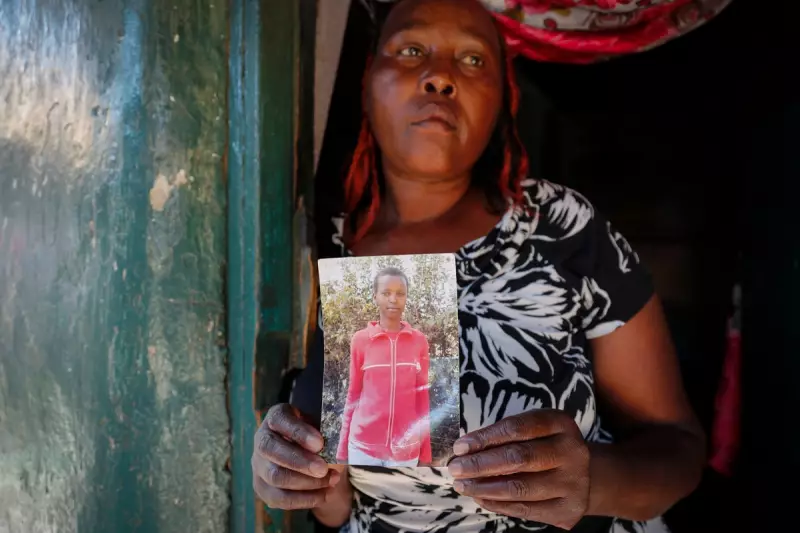
In a landmark development for a case that has haunted UK-Kenya relations for over twelve years, a British soldier has been formally charged with the murder of Agnes Wanjiru. The 21-year-old mother was found dead in a septic tank at a hotel in Nanyuki in March 2012, a town that hosts a major British Army training base.
The breakthrough follows years of mounting pressure from Ms. Wanjiru's family, Kenyan authorities, and a damning Sunday Times investigation which alleged a widespread cover-up within the British military. The investigation included claims from fellow soldiers that colleagues had boasted about the killing.
A Decade of Denial and Delayed Justice
For Agnes Wanjiru's family, the charge represents a long-awaited step towards accountability. They have fought tirelessly for justice, facing what they described as a wall of silence and obstruction from the British Army. The initial post-mortem examination revealed that Ms. Wanjiru had sustained stab wounds to her chest and abdomen.
The case became a symbol of impunity and a serious diplomatic irritant. Kenyan President William Ruto publicly declared that the UK government had agreed to cooperate fully with the investigation, signalling the high-level importance of resolving the scandal.
Military Police and Murder Investigation
The service police, specifically the Royal Military Police, have been conducting a parallel investigation. The suspect, whose identity remains protected under UK law until a potential court martial, is now facing a murder charge under the Armed Forces Act.
A spokesperson for the British Army stated: "These charges are a significant development. We acknowledge the gravity of this incident and have co-operated with the Kenyan authorities throughout. It would be inappropriate to comment further as legal proceedings are now active."
The case is expected to proceed to a court martial in the UK, a move that will be closely watched by human rights groups and the international community. It raises profound questions about the conduct of overseas personnel and the mechanisms for justice when crimes are committed abroad.






